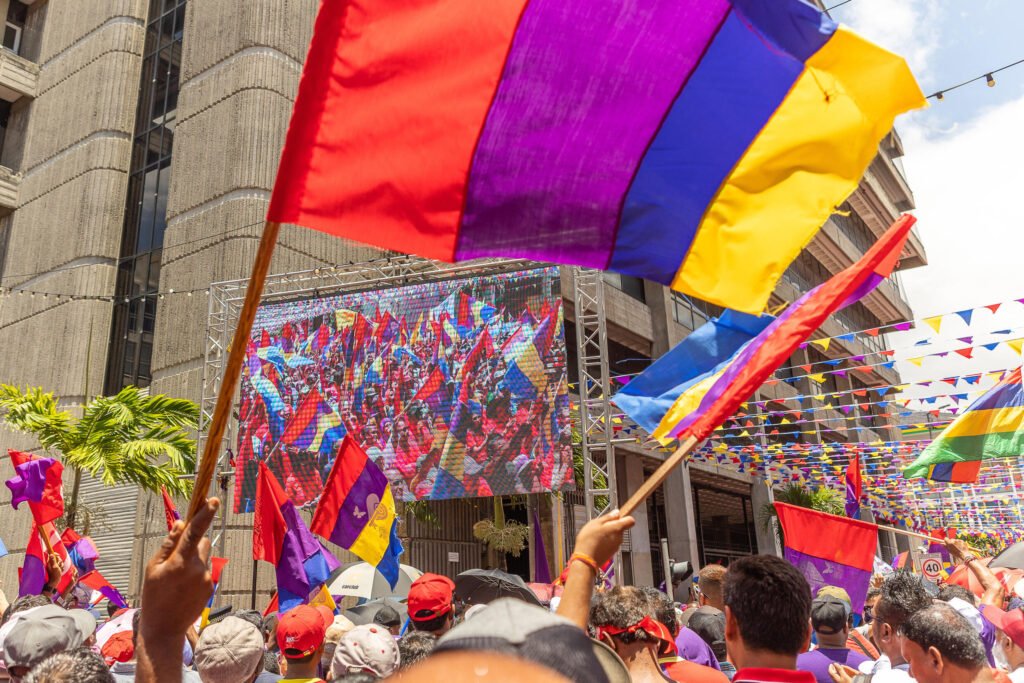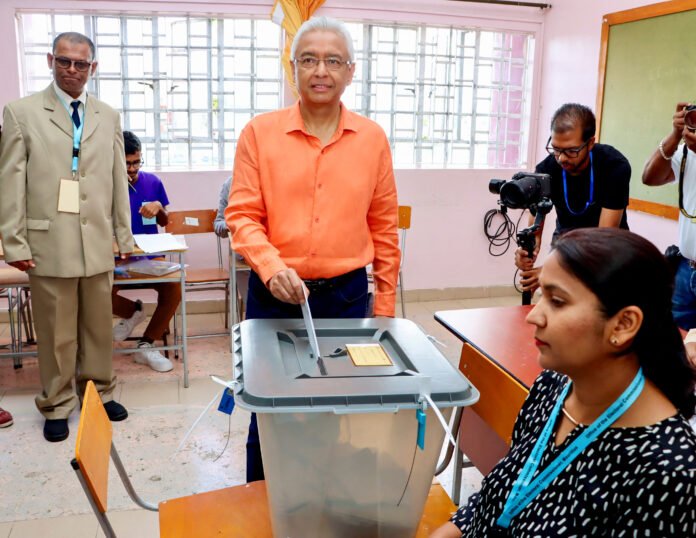Mauritius awaits the outcome of a closely contested election, with incumbent Prime Minister Pravind Jugnauth and rival Navin Ramgoolam both claiming victory. Voter turnout was high at about 80%, and ballot counting began Monday morning. The election, held against the backdrop of a phone-tapping scandal, raised concerns about the erosion of Mauritius’s democracy. Authorities initially attempted a social media ban but reversed it amid public backlash. The campaign saw Jugnauth’s Militant Socialist Movement facing off against Ramgoolam’s Alliance of Change, with both promising measures to address the rising cost of living despite strong economic growth.

This election follows Britain’s historic agreement to cede the Chagos Islands to Mauritius, a win for Jugnauth. However, concerns remain over governance and the influence of political dynasties, with a new bloc, Linion Reform, pushing for change.
Mauritius held a parliamentary election on Sunday in which Prime Minister Pravind Kumar Jugnauth and his main rivals all promised to tackle a cost-of-living crisis in the Indian Ocean archipelago. Polls closed at 6 p.m. local time (1400 GMT) and results are expected today, Monday, according to the country’s electoral body.
The country of about 1.3 million people markets itself as a link between Africa and Asia, deriving most of its revenues from a flourishing offshore financial sector, tourism and textiles. Mauritius also receives aid from China. Mauritius has forecast of 6.5% economic growth this year compared with 7.0% last year but many voters are not feeling the benefits.
Prime Minister Jugnauth’s Alliance Lepep coalition has promised to raise minimum wages, increase pensions and reduce value-added tax on some basic goods.
It says it will use payments from the UK under an October agreement for Britain to cede the Chagos Islands while retaining the U.S.-UK Diego Garcia air base.
“The alliance led by the prime minister is selling the economic prosperity card, with promises of more money to different segments of the population,” said political analyst Subash Gobine. The opposition has also pledged to increase pensions as well as introduce free transport and internet services and reduce fuel prices.
It is dominated by the Alliance du Changement coalition led by Navin Ramgoolam and two other parties running in the Linion Reform alliance, whose leaders, Nando Bodha and Roshi Bhadain, plan to alternate as prime minister if they win.

A voter said young people would make the difference in the election. He did not say who he was voting for but added that people were looking for economic innovation and job opportunities as much as fiscal changes.
Additional Sources: Reuters, Africa News




